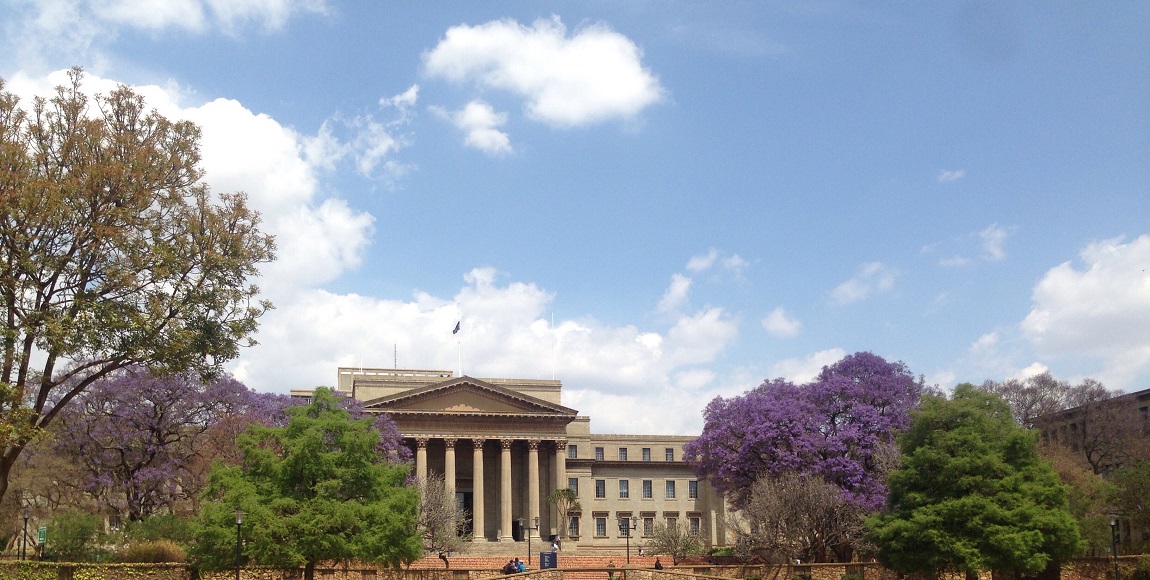The online learning programmes set up by universities to deal with the COVID-19 lockdown has left many students overwhelmed. But students aren’t the only ones struggling. Lecturers have also been forced to adapt the process with many challenges. The Daily Vox team spoke to a lecturer about the experience of online learning and teaching.
I started teaching because I have an affinity towards academic work and I particularly enjoy teaching and learning. I think in order to be a great teacher one needs to always learn. I became a lecturer so that my learning never stops. I also love my area of interest academically. It has always been a dream of mine to work with students and other people. As a young black student, I didn’t see lecturers who look like me, it’s important for me to lecture. This is so that students see themselves in me, especially other young black women. It’s been an interesting few years of lecturing. I’ve learnt so much about myself, my abilities and about other people.
COVID-19 was the spanner in the works I did not bargain for. It completely usurped what we called normal daily life and that goes for teaching and learning at universities. Three days before the first term was done – Wits University decided they would shut down. There were already cases of COVID-19 at the university and cases were increasing across the country. It was very difficult thinking about what would happen to the students: would we ever go back into a classroom. [It was also difficult] realising that online learning was going to become a thing of the future. One thing that has really bothered me is how Wits management has not been cognisant of and understanding to lecturers and the amount of work it takes to do online learning.
I just have to look at how much time I took in lecturing the second half of this semester in online learning and teaching. I was clocking the hours spent preparing lectures, recording them, converting video files into audio. I then had to upload them onto the university system and ensure that my students have different ways of accessing this content. I also had to make sure all my students despite their background would be able to access lectures. Then it was also constantly fielding the anxiety of students who are not used to this system and are more dependent on us as lecturers.
My working hours have tripled.
I was spending three times as much time on university preparations. I gave Wits double the free time they will be paying me for this. There hasn’t been any conversation with us around whether we will be getting extra compensation and realising what it takes to do it. This is especially for people who are not necessarily full-time staff members at Wits. This online teaching experience is one that has been marred with frustration.
I’ve tried my best not to let the frustration seep into the thing I love the most which is teaching. It’s very hard, especially when it seems like the system is set up against you and there is very little support from the university. I’m left feeling like if I don’t push myself to the limit despite my own wellbeing I will be failing the students.
As the semester comes to an end and we prepare for exams, I am running to the finish line of the semester. I do not ever want to teach online again.
There is an emotional burden of dealing with students and hearing really incredibly painful stories. Some students have to take taxis to town because the village or township they live in doesn’t have a stable internet connection and they cannot submit assignments. Some students have family members who died of COVID-19 and then are not being able to submit work on time.
Students are incredibly overwhelmed and need more emotional support than usual. They’re not familiar with the university so you as the lecturer are the point of call if they want support. It’s been very overwhelming and it’s taken a toll on my own personal wellbeing.
In reflection, I feel like a lot of universities completely failed lecturers in this process. But more sadly, it has failed students who were just born in circumstances and the playing fields were not level, not that they could even be levelled.
This interview has been edited for clarity and brevity.









